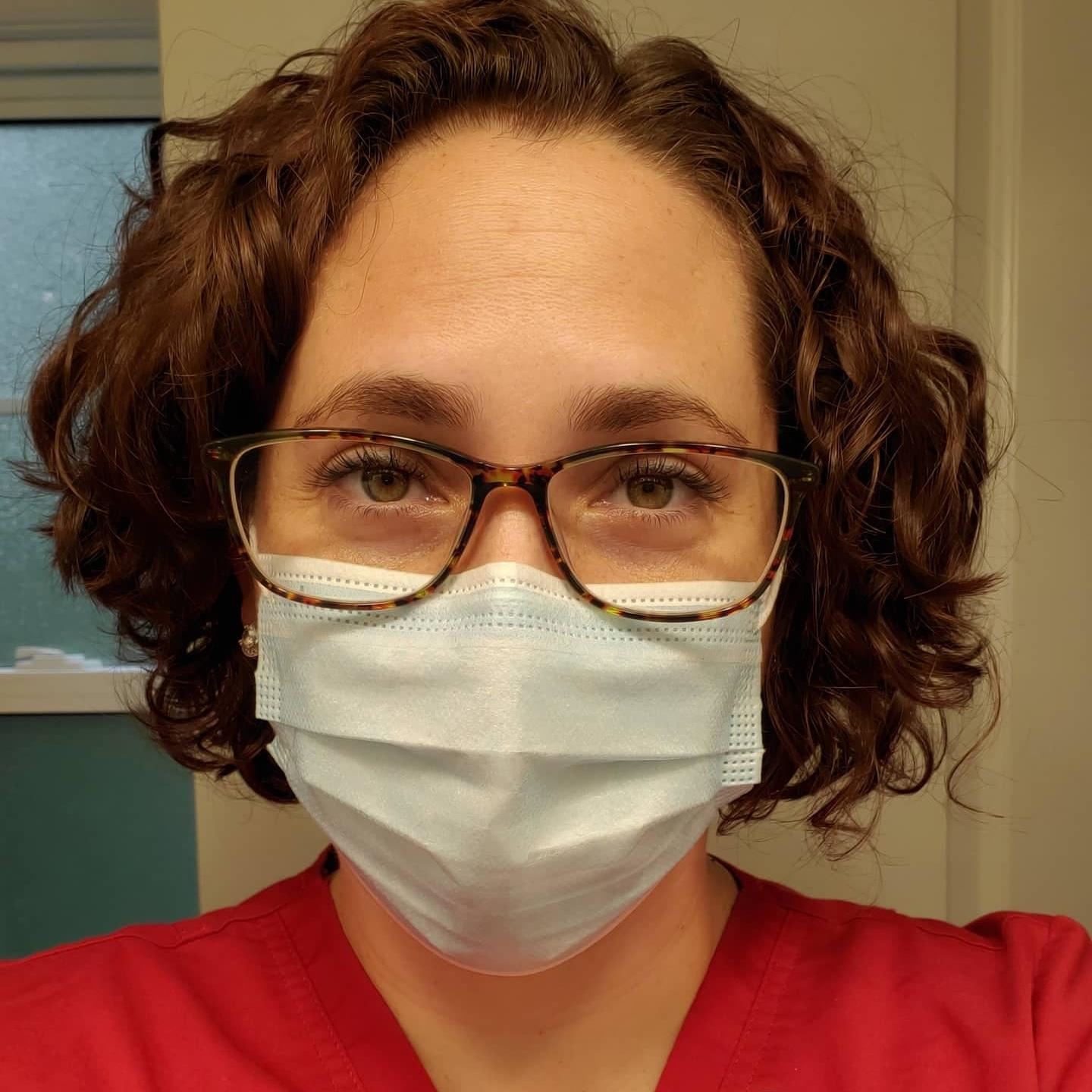
Phone: 609-893-8141, ext. 1685
Email:
Degrees and Certifications:
BSN in 2001 from Brigham Young University CSN-NJ in 2018 from Rutgers University-Camden
Ms. Nekell Bjorn, BSN, RN, CSN-NJ
Professional Bio:
Nekell Bjorn, BSN, RN, CSN-NJ has been a nurse for 20 years. She has held a license in six different states and has worked in various fields of nursing. She received her BS in nursing from Brigham Young University in 2001 and received her first Professional Nursing License in the state of Utah.
Nekell served as a Registered Professional Nurse at Utah Valley Medical Center on the Cardiovascular Unit where she took care of cardiovascular compromised patients. She also participated in the facility wide Bereavement Council, mentored BYU nursing students and earned the Student Mentor of the Month award in March of 2003.
In 2003, she moved to Atlanta, Georgia and made a career shift to critical care by working in the Emergency Department (ED) at Northlake Hospital in Tucker, Georgia. There she served as a staff and charge nurse for three years and participated on the IV and code teams. Highlights of her ER work included the opportunity to assist in the unexpected delivery of two babies, preparing unstable patients for life flight, and assisting with organ donation.
In 2006, she and her family moved to Portland, Oregon and began working as an on-call agency nurse in Emergency Rooms throughout the city. In 2012, work brought she and her family to South Jersey. In 2015, she focused her career on the gerontology population working at Medford Care Center, an acute and long term care facility where she took on the role of in-house supervisor.
In 2016 she began substitute school nursing in the Medford and Pemberton School Districts, and developed a passion for School Nursing. In 2018, she began a job as School Nurse at Helen A. Fort Middle School in Pemberton, New Jersey. Nekell Bjorn received her New Jersey Certified School Nurse Certificate from Rutgers University-Camden.
-
Philosophy of School Nursing
As the school nurse I provide direct care to all of those in my building. I come in contact with more than 100 students and staff each day. In these moments, I am working to build relationships and to educate others about health. For the students, I create and/or implement over 150 Individual Health Plans each year for those with critical illnesses, which creates growth, stability, and improvement in their health at school. Each day, I coordinate care between students and health care providers in the community so that after they leave my office, they can experience continuity of care. I formally and informally teach and educate staff and students about health; from one on one discussions in my office, to large meetings like inservices and school events. All of this means that I am the health care expert in my building. I am responsible to guide others in the best practices of health. I bear the responsibility to be an example to all those I come in contact with.
With this in mind, I work to provide care for the whole person. I must treat not only the physical needs of my students and staff but consider and assist with their mental and emotional health as well. This consideration greatly affects my plan of care and further action in their treatment. If I focus only on the physical concerns of those I see, I am often missing the root causes of their distress. Therefore, in planning my care, I choose to use Maslow’s Hierarchy of Needs to assess where my students and staff are when they come to see me to determine what my care will focus on and what they can be taught at that time. I use the Whole School, Whole Community, Whole Child (WSCC) model to implement change and so that all staff and auxiliaries contribute together to create positive improvements for our children and their families. I collaborate and work with every organization in the school; students, parents, teachers, administration, custodial, security, dietary, counselors, the school psychologist, the school physician, the board of education, and community partners who have a stake in the health of our youth and their families. In addition, I use the NASN “Framework for 21st Century School Nursing Practice,” to maintain my professionalism by working on the skills outlined in that framework, therefore helping children to be healthy, safe, and ready to learn.
I maintain the integrity and credibility of my practice by working within the federal, state, and the district board of education laws, regulations, standards, and guidelines. I am aware of and practice by the standards set forth by the American Nurses Association (ANA) and the National Association of School Nurses (NASN). Additionally, as an educator, I follow the National Health Standards and the NJ Core Curriculum Content Standards when planning and implementing my health teaching. By doing this, I can ensure that the children and the families that I serve are being offered lawful, ethical, and regulated care using best practice.
Nekell Bjorn, BSN, RN, CSN-NJ

